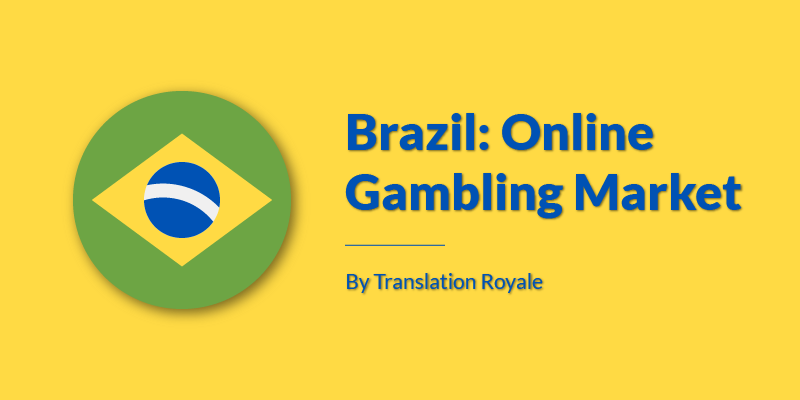In a rapidly digitizing world, where new industries bloom almost overnight, governments often find themselves playing a perpetual game of catch-up. Brazil, with its recent embrace of regulated sports betting, is a prime example. However, in a commendable move of foresight, the Federal Government isn`t merely counting the tax revenues; it`s also taking a hard look at the potential human cost. A new comprehensive plan has been unveiled, aiming to shield its citizens from the less glamorous side of the betting boom: problematic gambling and its significant mental health implications.
- The Rise of a Regulated Market and Its Unforeseen Shadow
- Seven Pillars of Protection: A Closer Look at Brazil`s Action Plan
- 1. Standardized Self-Test Implementation
- 2. Centralized Self-Exclusion Platform
- 3. Enhanced Support Qualification
- 4. Dedicated Bettor Health Services
- 5. Educational Materials for Athletes
- 6. Institutional Communication Campaign
- 7. Creation of a Permanent Damage Reduction and Care Committee
- A Model for Responsible Regulation?
The Rise of a Regulated Market and Its Unforeseen Shadow
Brazil`s journey into regulated sports betting has been swift and, for many, exhilarating. What was once a largely unregulated market has transformed into a vibrant, economically significant sector, attracting international operators and substantial investment. However, with every shiny new industry comes the responsibility of managing its less desirable byproducts. The government`s interministerial working group on mental health and harm reduction for problematic gambling—a mouthful of a title for a rather crucial mandate—has delivered its final report. And it`s clear: the “big problem” of gambling addiction requires a robust “action plan.”
This 30-page document doesn`t mince words. It acknowledges that while the expansion of the betting sector brings economic benefits, it also “generated associated risks.” It`s a classic modern dilemma: how do you foster innovation and economic growth without inadvertently creating new societal challenges? Brazil`s answer, it seems, is proactive intervention.
Seven Pillars of Protection: A Closer Look at Brazil`s Action Plan
The government`s strategy is built upon seven distinct, yet interconnected, actions. Each targets a specific facet of problematic gambling, from early detection to long-term support. Here`s how Brazil plans to tackle the issue:
1. Standardized Self-Test Implementation
Operators will now be required to suggest usage limits to users, grounded in a standardized self-assessment tool. Because, let`s face it, a quick questionnaire before you potentially dive headfirst into a financial whirlpool is a rather sensible first step. It`s an attempt to empower individuals to recognize problematic patterns before they escalate, offering a mirror before the window of opportunity closes.
2. Centralized Self-Exclusion Platform
Betting platforms must provide robust self-exclusion mechanisms, ensuring bettors can “effectively and securely request their exclusion.” This isn`t just about opting out; it`s about making that choice genuinely stick, preventing the all-too-common scenario of a fleeting moment of resolve being undermined by easy access to temptation.
3. Enhanced Support Qualification
The plan aims to systemize the identification, welcoming, and care for mental health issues arising from gambling. This means training professionals and establishing clear pathways for support, transforming a potentially isolated struggle into a recognized and treatable condition within the public health system.
4. Dedicated Bettor Health Services
Betting sites will need to offer dedicated customer service and ombudsman channels for bettors. The document suggests engaging specialized associations in company-client relations to establish minimum guidelines. It`s a move towards ensuring that a betting company`s responsibility extends beyond merely processing transactions, encompassing genuine customer welfare.
5. Educational Materials for Athletes
Recognizing the unique vulnerability of athletes to match-fixing and the pressures of the betting world, the government has developed specific educational booklets. One focuses on harm prevention, the other on combating result manipulation. Because when you`re on the field, the last thing you need is a different kind of game being played with your career behind the scenes.
6. Institutional Communication Campaign
The government`s Secretariat of Communication will launch a public awareness campaign distinguishing between legal and illegal betting markets. This is crucial for guiding citizens towards regulated, and thus somewhat safer, environments, while simultaneously undermining illicit operations that offer no safeguards whatsoever.
7. Creation of a Permanent Damage Reduction and Care Committee
Perhaps the most significant long-term commitment is the intention to transform the existing interministerial working group into a permanent committee. This ensures that mental health, awareness, and ongoing dialogue between government and civil society remain high on the agenda, preventing the issue from fading into obscurity once the initial buzz around the betting market dies down.
A Model for Responsible Regulation?
Brazil`s proactive approach signals a growing global understanding that while new digital economies offer significant opportunities, they also demand significant social responsibility. By embedding mental health safeguards directly into the regulatory framework of its nascent gambling industry, Brazil is attempting to chart a course that balances economic ambition with public well-being. It`s a complex equation, but one that, if executed effectively, could serve as a valuable blueprint for other nations navigating the same exciting, yet potentially hazardous, waters of digital entertainment. It’s a pragmatic admission that in the modern world, a bit of prevention is worth a pound of cure, especially when the stakes are human lives.









